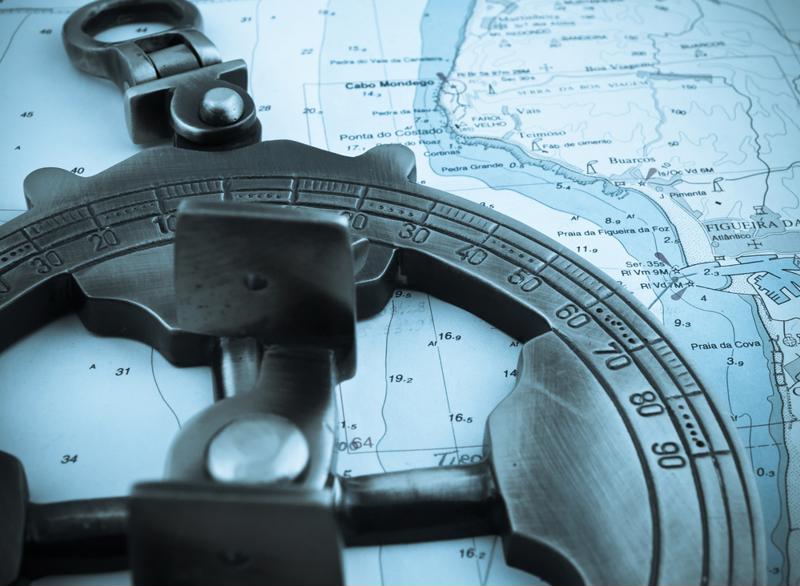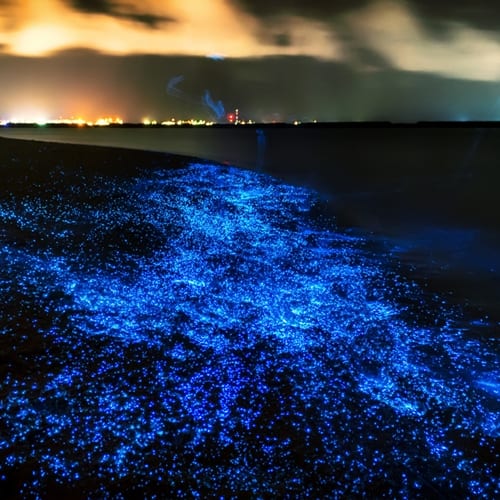Commercial diving companies may need to find an insurance provider that won't just write standard, general coverage policies, but will also know their situation specifically. Salvage divers may be called to work in varying environments, which makes preparing for the worst a necessity, especially given the high costs of damages.
 Here are some possible complications for salvage diving operations.
Here are some possible complications for salvage diving operations.Where the divers work and what they will be doing may impact the ways they are exposed to dangers. Here are a few examples of important factors:
- Are ROV's involved? ROV's often play a part in salvage work, as operators use them to negotiate difficult terrain. Sometimes a combination of a human diver and an ROV is needed, depending on the space available at underwater site.
- Facility size and purpose: As this article from cDiver.net points out, salvage workers can be dispatched at energy production facilities, places that pose challenging terrain. These facilities can include offshore wind and oil apparatus as well as nuclear plants.
- Worker experience: Well-trained commercial divers will be knowledgeable not just with basic diving tasks but other, land-based work they may have to do in addition to salvage. Dive Training Magazine states that preparation is essential, including training that encompasses land-based work as well, such as welding. "An eye toward the future should include consideration of non-diving work in the industry," he writes. "If a diver suffers an injury or develops a medical condition that precludes diving, having topside skills are an ace up the sleeve."
If operators don't feel adequately covered, they may be able to look for insurance for commercial divers that will account for all of the work they intend to do.

